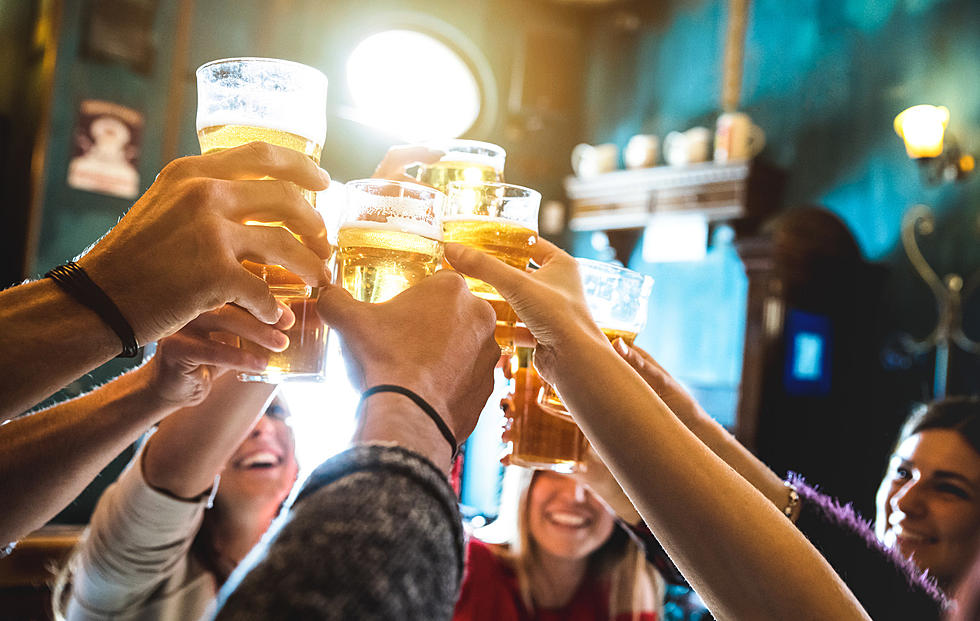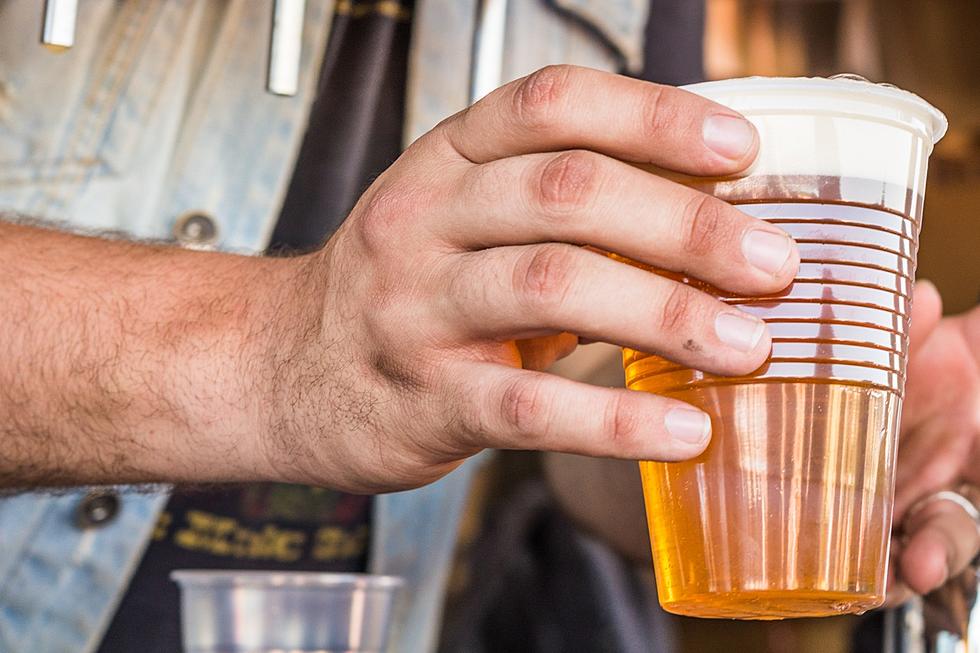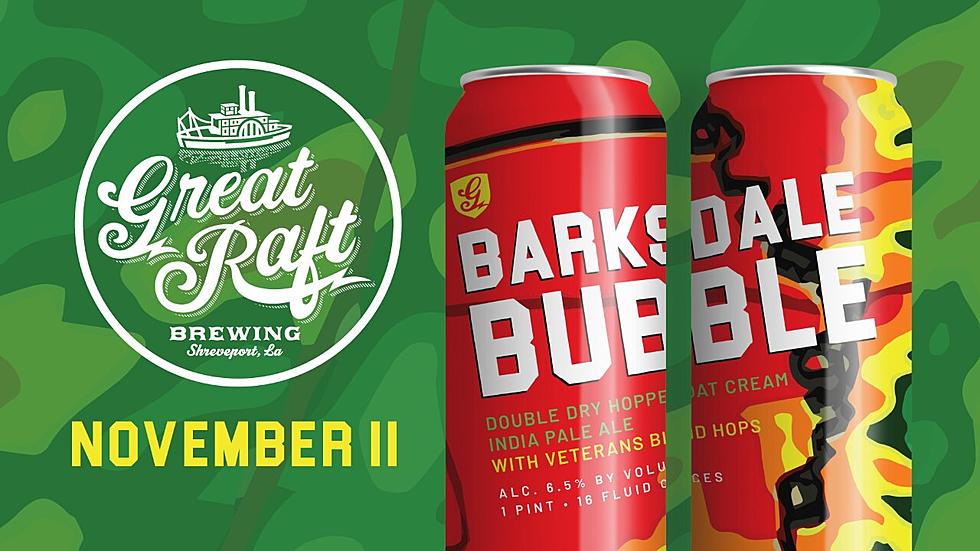
You Won’t Believe Why Louisiana Might See Beer Shortage
I realize that I am possibly comparing apples to oranges, but if you own a swimming pool, you have likely noticed the dramatic increase in the cost of chlorine.

At one point it was really tough to find either chlorine tablets or bags of granular chlorine. And now that it's a little easier to find, the cost has nearly tripled in the past two years. Why?
Poolmagazine.com points out that a lot of the issue stems from a huge fire at BioLab, near Lake Charles, last August after Hurricane Laura hit. BioLab happens to be one of the nation’s largest producers of dried chlorine products.
What Does All This Have To Do With A Beer Shortage?
I mention the chlorine to illustrate that not everything is pandemic or COVID related. Certainly the pandemic has brought on its own set of problems, but Louisiana and the rest of the world could be in for a beer shortage due to a completely different variable.
This one is nearly unbelievable. According to axios.com, the problem stems from an extinct volcano in Mississippi. First off, if you're anything like me, you've never even considered the possibility of a volcano anywhere in the South, much less that one might be right under the Mississippi Coliseum in Jackson, Mississippi, but it's that volcano that could have you with nothing to wash down that pizza or fried fish.
There's An Extinct Volcano In Mississippi?
One of the key ingredients for well-carbonated beers is carbon dioxide, and now the supply of that ingredient has been squelched.
The article on axios.com points out that natural contamination of the Jackson Dome, a Mississippi reservoir of CO2 is crippling some brewers due to the carbon dioxide shortage.
Directly from axios.com we see:
Brewers across the country are reporting production delays in getting beer to the market and drafting contingency plans to switch to nitrogen. Nightshift Brewery outside Boston shut down a facility after being told their carbon dioxide supply was "cut for the foreseeable future, possibly more than a year." Others are paying 3-4x as much.
Those brands who are able to successfully make the switch from CO2 to nitrogen for the brewing process, and the ones that don't rely on much carbonation for their product will not likely see many issues, but for the lion-share of the beer industry, things could get pretty rough.
LOOK: The most expensive weather and climate disasters in recent decades
RANKED: Here are the most popular national parks
More From K945, The Hit Music Channel







![PBR Has Unleashed a 1776-Pack of Beer for July 4 [Video]](http://townsquare.media/site/33/files/2021/06/attachment-PBR-1776-Pack-4.jpg?w=980&q=75)

